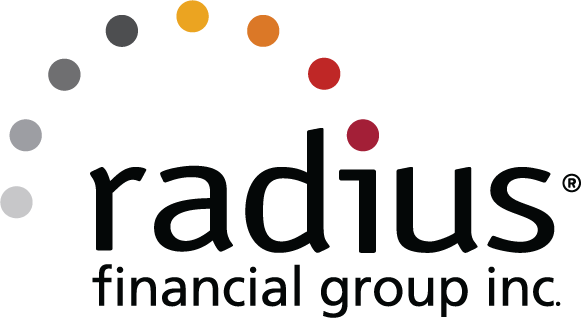Credit scores are an essential factor to consider for those interested in purchasing a home. The better your score, the more likely you are to attain a mortgage with an attractive interest rate. Those seeking a mortgage loan with good or excellent credit often qualify for a conventional loan, though factors besides credit score are also considered by the lender.
If you have a fair or poor credit score, the process can start to get tricky. It is not impossible, but a lender is likely to require more proof of reliability to pay off credit, including non-traditional credit, debt-to-income ratios, and more.
So if you’re wondering what credit score is needed to buy a house, the answer is: It depends!
Lucky for you, this blog post illustrates the more common loan types and what they require, what is considered a “good” credit score, and how to increase your credit. We hope this gives you a clearer picture of the relationship between credit scores and a first-time home purchase.
What are the most common home loans?
A home is one of the largest purchases you can make, and a home loan can cover that expense over a 15-30 year period. The following four loans are common for different credit score ranges:
- Conventional Loan: A conventional loan is usually available to those with a “good” or higher credit score. However, some lenders will grant a conventional loan so long as at least one of the borrowers has a credit score of 620 or higher.
- Federal Housing Authority (FHA) Loan: An FHA loan provides low down payments, low closing costs, and easy credit qualifications, but requires its own set of qualifications. Although there is no minimum credit score, a score below 500 is very unlikely to receive approval.
- Veterans Affairs and USDA Loans: Although both of these loans require a specific set of qualifications, neither loan has a minimum credit score. However, the lower the score, the tougher it is to receive approval.
It’s essential to keep in mind that other factors are considered in addition to credit, depending on the lender. Although good or excellent credit will only help you in the process, score requirements can also vary with debt-to-income (DTI) ratio and loan-to-value (LVT) ratio.
Borrowers without credit scores need proof of non-traditional credit, such as utility bills, phone bills, rent histories, and more.
What is a good credit score for buying a home?
A “good” credit score falls between 670 and 739 and is the recommended range for qualifying for a mortgage. With a score in this range, you signal to lenders that you can be trusted to pay back the loan based on prior payment history, on-time payments, age of credit accounts, and other factors.
One of the greatest benefits of a good or excellent credit score is its positive impact on the mortgage’s interest rate. The annual percentage rate (APR) is the annual rate of interest charged to the loan. A good APR can provide favorable monthly payments for the borrower.
Keep in mind that that credit score isn’t the only factor in loan approval. Lack of income, low savings, or a high debt-to-income ratio could cause a loan to fall through.
How do you build a good credit score?
To save money on your mortgage in the long term, it is highly recommended that you work on your credit score if it falls below the “good” credit range.
Although it takes a bit of time and effort, you can start improving your credit by:
- Paying bills on time: This accounts for the most significant factor in your credit score, so begin paying on time if you haven’t already.
- Avoiding credit limit: In addition to plummeting your credit, spending up to your credit limit has long-term financial consequences, including fees, debt, and more difficult qualification for loans.
- Staying below 30 percent utilization rate: Credit utilization is an essential factor in determining credit. If it’s not possible to pay off your card every month, it should stay below 30 percent.
- Applying for only the credit you need: If you have already struggled with spending credit, it’s a good idea to limit your credit access. However, opening new lines of credit can decrease current utilization.
- Consolidating debt: A debt consolidation loan from a bank or union will pay off all of your loans, resulting in a single payment. If you can get a lower interest rate on the loan, you will be in a position to pay down the debt faster.
With these practices in place, you can begin taking the next steps toward purchasing a home.
Partner with a personalized lender.
Now that we’ve told you what credit score is needed to buy a house, you can begin considering which mortgage works best for your financial situation.
At radius financial group, our customer-centric approach allows us to find the right mortgage for our clients. Although credit scores are considered, they are not the end-all and be-all. We also consider your current income, savings, non-traditional credit, and other factors.
For other important information on the home-buying process, download our guide on mortgage preparedness. We hope to connect you with a Loan Officer soon!


